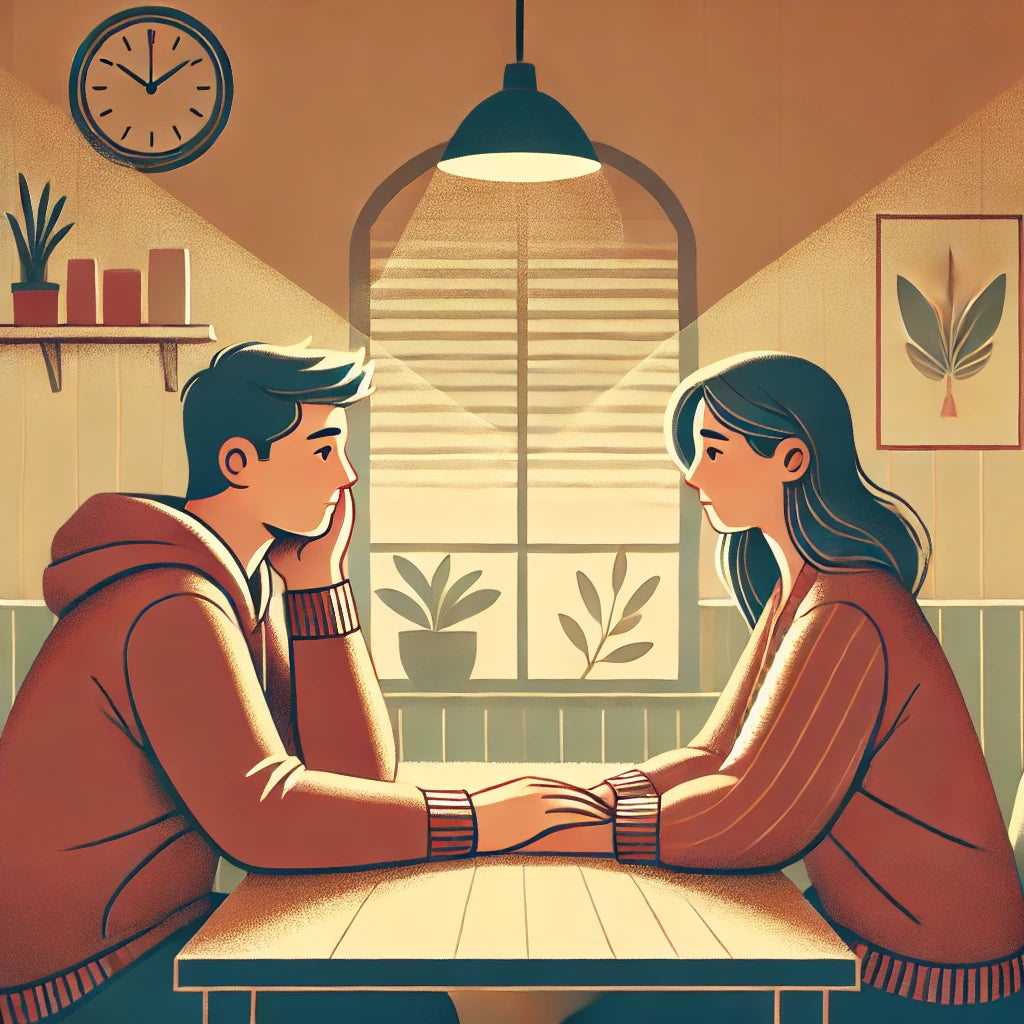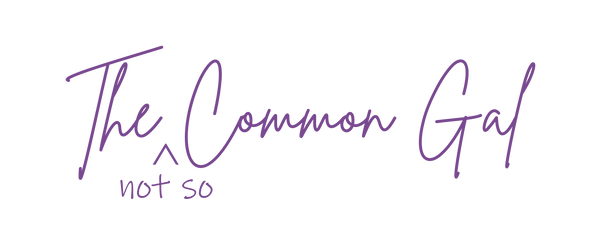
The Lost Art of Communication: Healing Through Vulnerability
In a world where we are more connected than ever, why does it feel like meaningful communication is becoming a lost art? Social media has given us a platform to express our thoughts, critique others, and share our lives—but often, this expression comes with a mask. Behind the anonymity or performative nature of online interactions, we’ve grown comfortable being critical of strangers while avoiding difficult but necessary conversations with those closest to us.
If a friend, partner, or family member says or does something that hurts us, why do we hesitate to tell them? Why are we so afraid to say, “Hey, that hurt my feelings,” without bracing for defensiveness or conflict? The answer lies in our growing ego, our lack of practice in vulnerability, and our collective failure to cultivate compassion.
The Ego vs. Compassion
The ego thrives on being right, on feeling superior or invulnerable. It’s that voice in our heads that says, “If you tell them they hurt you, they’ll think you’re weak,” or worse, “They won’t care.” On the flip side, compassion requires humility. It asks us to set aside our defenses, listen with an open heart, and take accountability for how our actions affect others. It’s not easy—but it’s necessary for deep and meaningful connections.
When we avoid these tough conversations, we allow wounds to fester. Resentments grow, misunderstandings deepen, and relationships weaken. Meanwhile, we keep scrolling, liking, and commenting on strangers’ posts, expending energy on surface-level interactions instead of investing in the relationships that truly matter.
How Did We Get Here?
-
Fear of Conflict: Many of us were raised to avoid confrontation, equating it with aggression or harm. We weren’t taught that healthy conflict can actually strengthen relationships.
-
The Instant Gratification Culture: In an age of instant communication, we’ve lost patience for nuanced, face-to-face conversations. It’s easier to send a vague text or avoid the issue entirely.
-
Lack of Emotional Education: Emotional intelligence isn’t innate—it’s learned. Yet many of us never learned how to identify our feelings, let alone express them in a constructive way.
-
The Defensive Reflex: When we feel attacked, our first instinct is often to defend ourselves rather than truly hear the other person. This reflex shuts down productive communication before it begins.
How Do We Fix This?
If we want to heal—individually and as a society—we need to reclaim the lost art of communication. Here are some steps we can take:
-
Model Vulnerability: Start with yourself. Show others that it’s okay to be vulnerable by expressing your feelings calmly and clearly. For example, instead of saying, “You always ignore me,” try, “When you didn’t respond to my message, I felt unimportant.”
-
Practice Active Listening: Listening is more than just hearing words. It’s about understanding the emotions behind them. Put down your phone, make eye contact, and listen without planning your rebuttal.
-
Embrace Discomfort: Growth is uncomfortable. Lean into that discomfort, whether it’s initiating a hard conversation or sitting with someone else’s pain without trying to fix it.
-
Teach Empathy Early: Emotional intelligence should be a core part of education. Teaching kids how to identify and communicate their feelings—and respect others’—could reshape how we interact as adults.
-
Create Safe Spaces: Foster environments where people feel safe expressing themselves without fear of judgment or retaliation. Whether in your home, workplace, or community, make compassion the norm.
Healing Through Communication
Imagine a world where we could sit with our loved ones and say, “I feel hurt,” without fear of being dismissed or attacked. A world where the response would be, “I didn’t realize. I’m sorry. Let’s work on this together.” This isn’t a utopian fantasy—it’s entirely possible if we make a conscious effort to change how we communicate.
Healing begins with small steps. It begins with choosing love over ego, understanding over defensiveness, and connection over division. As individuals, we have the power to model this change. As a society, we have the opportunity to teach and practice these skills on a larger scale.
The question is: Are we ready to do the work? Let’s start with one conversation at a time. Let’s choose vulnerability. Let’s choose to listen, to heal, and to truly connect.
With love,
The Not So Common Gal
